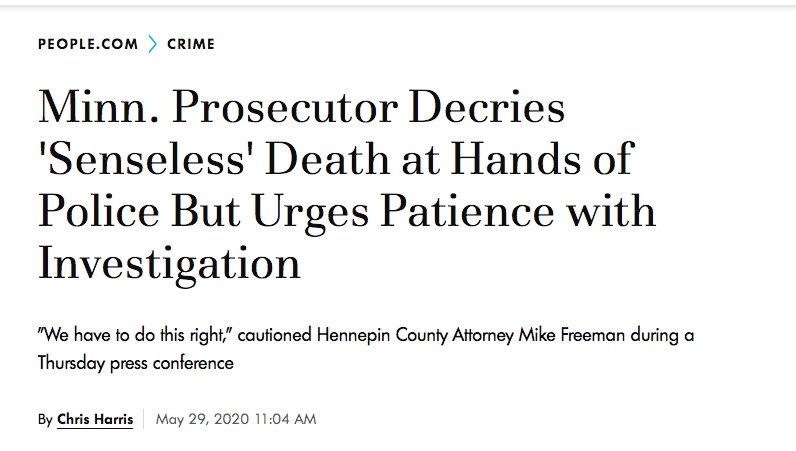
As of today, my article in Political Psychology has a home: Vol. 41, Issue 4. The piece should be of use to anybody interested in #socialmovements, political mobilization, radical political change, #populism, #nationalism and #secession, #ethnopolitics ... onlinelibrary.wiley.com/doi/abs/10.111…
...politics of #race, #climatechange, and is, I’ll be immodest, particularly timely in light of things that have been happening over the past few months (George Floyd protests in particular, but not only). The article thematizes what is far too important AND far too absent from..
...mainstream political science (and perhaps sociology) – the politics of im/patience. In fact, I would go so far as to argue that the politics of mass-based radical change IS the politics of impatience. Those seeking a different brand of politics are basically saying...
...‘we’ve been patient for too long and nothing has happened’. Implicitly or explicitly, they are saying ‘the system does not work’... 





...On the other side are the guardians of the institutional status quo who are often not denying the legitimacy of the claims, but are often temporizing and calling for time/patience so that established processes can unfold. Part of what they are saying is ‘the system works...
...give it (and us) time’. Their own clock is different from that of the claimants. And their demand for longer time horizons is, of course, an exercise in power. One example of that is the authorities' call for patience with the case of the cops who killed George Floyd... 

...What is really interesting, though, is how and why this politics plays out. Impatience is seen as a flaw, even vice, in many religious and political traditions, meaning the challengers to the status quo have their work cut out for them. They must attract people/followers...
...to what at most times may appear as an UNREASONABLE (and thus illegitimate) position – a radical departure from previous politics. In this piece I show that there is a recurrent discourse that people wanting radical change use to justify, convert into reasonable, what is...
...otherwise seen as unreasonable. The discourse – or collective exhaustion frame – basically narrates the arrival of a particular community to an exhaustion point (the loss of patience) after a long history of accumulating grievances. Here are the key elements of the narrative.
Note here that there is nothing ‘natural’/obvious about turning points that the challengers to the status quo narrate. They must be actively created, which is why the politics of impatience is both so unpredictable AND so interesting (to say nothing of its real world importance).
I have been looking for other work on im/patience and temporality and have found only a few bits and pieces (referenced in the article – attaching here Mario Feit’s fascinating piece in Political Theology). tandfonline.com/doi/abs/10.108…
I hope my colleagues in social sciences will start paying greater attention to this stuff. I certainly plan to continue working on it.
• • •
Missing some Tweet in this thread? You can try to
force a refresh











